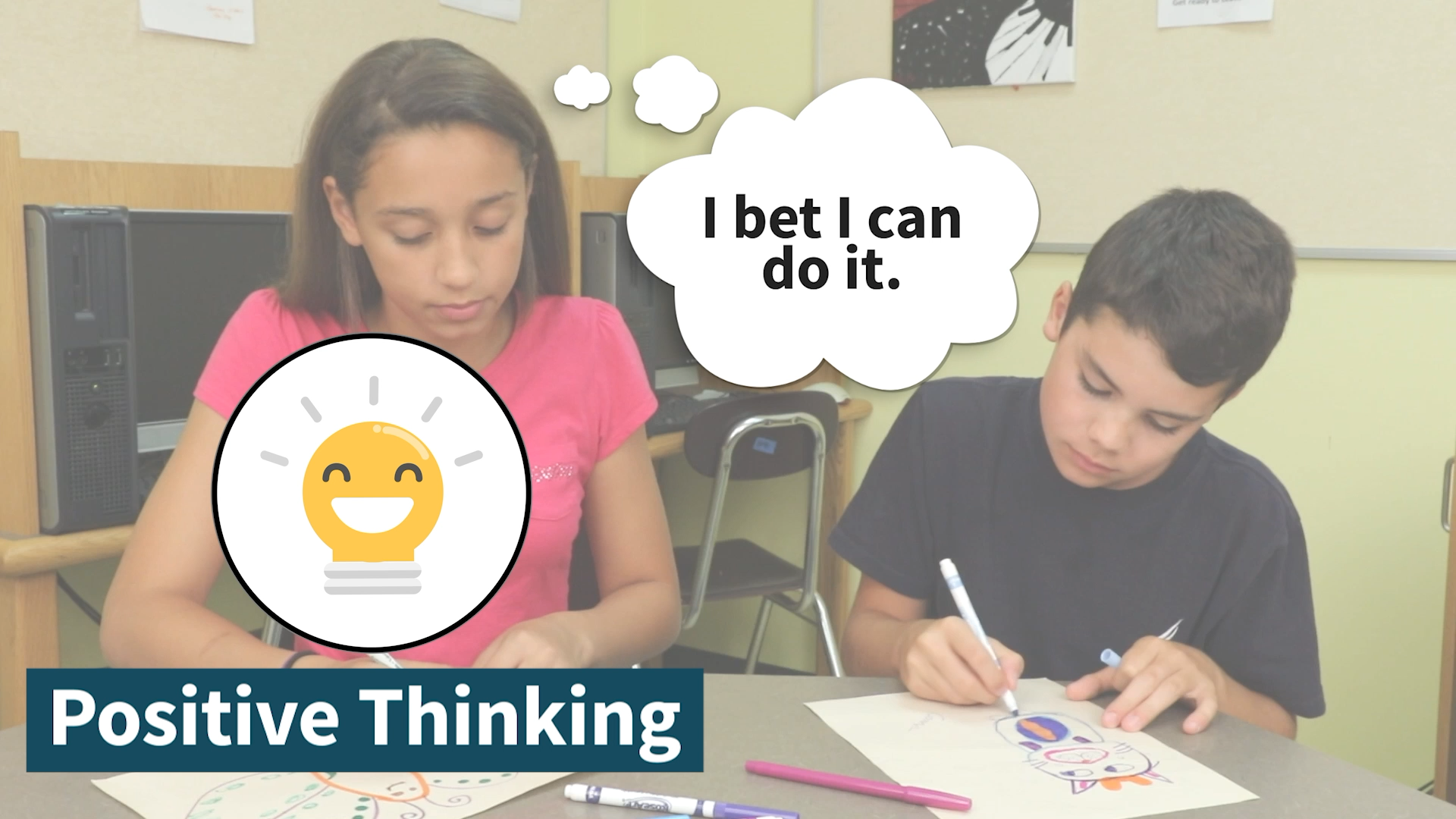Introduction
In special education, it is crucial to identify and address the unique needs of each student. One essential skill that can significantly impact a child’s learning, social interactions, and wellbeing is perseverance and positive thinking. Developing this skill can enhance a student’s ability to overcome challenges and foster a growth mindset.
Understanding Perseverance and Positive Thinking
Perseverance and positive thinking involve the ability to maintain a positive attitude and keep trying when faced with difficulties. This skill is vital as it enables students to learn new things, develop problem-solving strategies, and improve their self-confidence. By fostering perseverance and positive thinking, students can better handle challenges and become more resilient in their learning journey.
The Role of Specialists
Various specialists can support the development of perseverance and positive thinking in students. Speech-Language Pathologists can help students improve their communication skills, enabling them to express their feelings and frustrations effectively. Social Workers can provide guidance and resources to assist students in overcoming obstacles and maintaining a positive outlook. Psychologists can offer strategies to help students manage their emotions and develop healthy coping mechanisms. School Counselors can support students in setting realistic goals and creating action plans for achieving them.
IEP Goals for Perseverance and Positive Thinking
Here are some specific SMART IEP goals to help students improve their perseverance and positive thinking skills:
-
Goal 1: The student will demonstrate the ability to use positive self-talk when faced with a challenging task in 4 out of 5 opportunities, as measured by teacher observation and self-reporting.
- Strategy: Teach and model positive self-talk phrases, such as “I can do this” and “I will keep trying.”
- Activity: Have students practice using positive self-talk during challenging activities, like solving puzzles or completing assignments.
-
Goal 2: The student will remain engaged in a difficult task for at least 10 minutes without giving up in 4 out of 5 attempts, as measured by teacher observation and a timer.
- Strategy: Teach and model appropriate coping strategies for managing frustration, such as deep breathing or counting to ten.
- Activity: Encourage students to use these coping strategies during challenging tasks and track their progress.
Implementing and Measuring Progress
To implement these IEP goals effectively, collaborate with the student, their family, and relevant specialists to develop a tailored approach. Monitor progress regularly through observations, self-reporting, and data collection. Adjust strategies and activities as needed to ensure continued growth and improvement.
Conclusion
Developing perseverance and positive thinking skills is crucial for students’ success in academics and social interactions. By creating and implementing effective IEP goals, educators can support students in overcoming challenges and fostering a growth mindset. We encourage you to apply these strategies and explore more resources at Everyday Speech Sample Materials to further enhance your students’ skills.






